★★★½
“Hard to the core.”
I’ve written occasionally about the more extreme end of women’s wrestling, but it appears not for a while. It was back in 2012-13 when I covered IWA Mid-South: Queen of the Deathmatch and FMW: Torn to Shreds. A fair amount of water has gone under the bridge in the field, since I bemoaned “the largely pathetic excuse for it put out by the WWE”. We had the Divas “Revolution” in 2015, which eventually led to the WWE’s first all-female PPV, Evolution, in 2018. Becky Lynch, Ronda Rousey and Charlotte Flair then headlined Wrestlemania that year, the first women to do so.
But it’s still very unlikely you will see mainstream promotions go ‘hardcore’, using weapons and bleeding. That said, in March this year, AEW had a somewhat controversial match between Britt Baker and Thunder Rosa, which ended with both participants wearing the crimson mask. Generally, however, if you want that – and if you don’t, that’s perfectly fine too, for I appreciate this is not to everyone’s taste – you need to dig down into the world of independent wrestling.
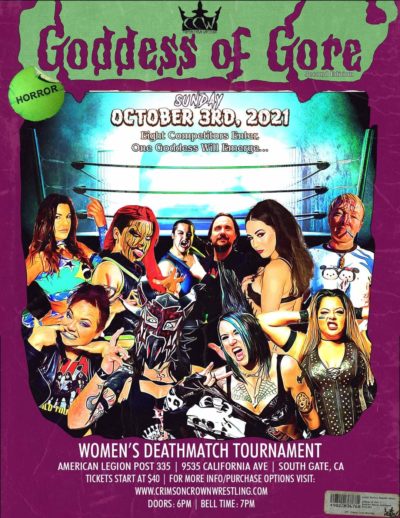 Which brings us to CCW’s Goddess of Gore 2, held at American Legion Post #335 in South Gate, California, on October 3rd, before a crowd of… dozens. Okay, that is a bit snarky. We have worked for and patronize a lot of independent federations locally, and the crowd for them is typically along similar lines, between one and two hundred. That is a bit sad, because given what the participants go through, they deserve more. Then again, tickets for this show started at forty bucks, which is easily twice the price of what we’d pay here in Arizona. Maybe, like petrol, professional wrestling just costs more in California.
Which brings us to CCW’s Goddess of Gore 2, held at American Legion Post #335 in South Gate, California, on October 3rd, before a crowd of… dozens. Okay, that is a bit snarky. We have worked for and patronize a lot of independent federations locally, and the crowd for them is typically along similar lines, between one and two hundred. That is a bit sad, because given what the participants go through, they deserve more. Then again, tickets for this show started at forty bucks, which is easily twice the price of what we’d pay here in Arizona. Maybe, like petrol, professional wrestling just costs more in California.
The format was simple: eight women in a knockout tournament, so the winner would need to win three matches in the night to take home the trophy. The participants were a broad mix, including veterans and relative newcomers. Ironically, the former included Mickie Knuckles, who was the winner of 2006’s Queen of the Deathmatch. The others included Randi West, who has been fighting even longer then Knuckles, starting her pro career in 2002; Mariah Moreno, a transgender wrestler; and the wonderfully named Ludark Shaitan, who came up from Mexico for the event.
Things did take a little while to get going, with the first match almost blood-free. However, things escalated thereafter, with the next bout, between Knuckles and Ruby Raze including – and I wrote all this down – fluorescent light tubes, a TV set, an apparently real beer bottle (which failed to break on the victim’s head!) and a weed-whacker. This was more like the kind of insane mayhem I expected, given the title. In terms of pure wrestling, the third match might have been the best, in which “Pumpkin Queen” Sage Sin prevailed over “The Patron Saint of Filth” Christina Von Eerie [Yeah, no pro wrestler ever undersells themselves!]
But it was in the semi-finals where the carnage ramped up to another level. West faced Shaitan, who deserves credit for wrestling back-to-back matches, with little or no rest (at over 11 minutes, this was also the longest bout in the tournament). It ended with West beating Shaitan, after driving her through a door, after coming off the top rope. There may also have been a cheese-grater involved. [Quick aside here: despite the small attendance, I did find CCW’s presentation of the event quite impressive and professional. It was helped in particular by commentators Kris Kloss & Kikyo, who managed to be both enthusiastic and informative]
The other final saw Knuckles taking on Sage Sin, and certainly had some of the more… original items. A car windshield was propped up in one corner, and at one point, Sin tried to drive Knuckles through an ironing-board. That particular move ended with Mickie’s head catching the edge of the board, in a sobering reminder that, especially in this kind of wrestling, shit happens. Still, Mickie was able to recover, surviving that and being swatted with a fan of light tubes. She reached the final, albeit with the help of some outside interference. This may have made more sense in the broader scheme of CCW storylines; to this casual viewer, however, it seemed rather pointless.
So: West vs. Knuckles it was, proving that experience matters. Neither might be exactly what a non-fan would think of as lady wrestlers – lady truckers might be a bit cruel, yet not unfair – but you can’t argue about what really matters. That would be their willingness to put their bodies on the line for our amusement. In the beginning, they were chained to each other with barbed-wire, and the ring hadn’t even been cleared of the debris left over from the semi-finals. It did not take long before both women were bleeding: Mickie had the worst of the early exchanges, as Randi stapled her shirt to her opponent’s head, then used it to choke her.
The ring, by this stage, was awash in broken glass, thumbtacks, beer and god knows what else, making things even more treacherous. It was only when West was able to throw Knuckle through the windscreen, and cover her for the pin. But it was kinda touching how, after the bout, Knuckles spoke in glowing terms about her veteran opponent. West, too, seemed genuinely moved by having won an actual trophy: “In wrestling, you don’t get a lot of tangible rewards.” Yeah, pro wrestling is staged, I know. But having seen what West had gone through over the course of one night, I’m in agreement with the crowd and their chants of “You deserve it!”
Promotion:: Crimson Crown Wrestling
Star: Mickie Knuckles, Randi West, Sage Sin, Ludark Shaitan
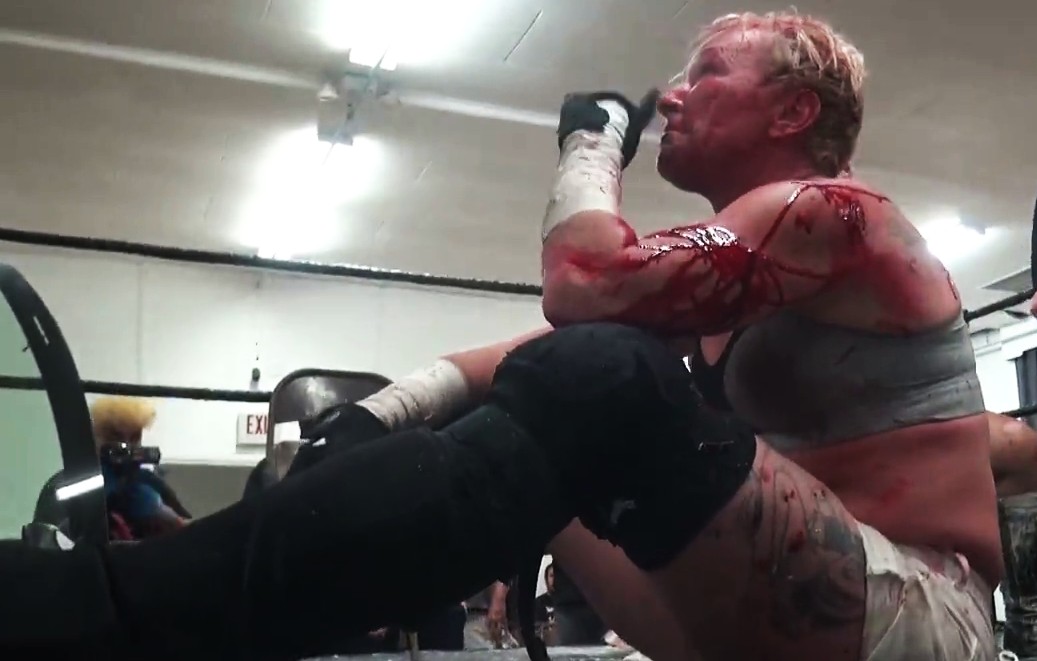






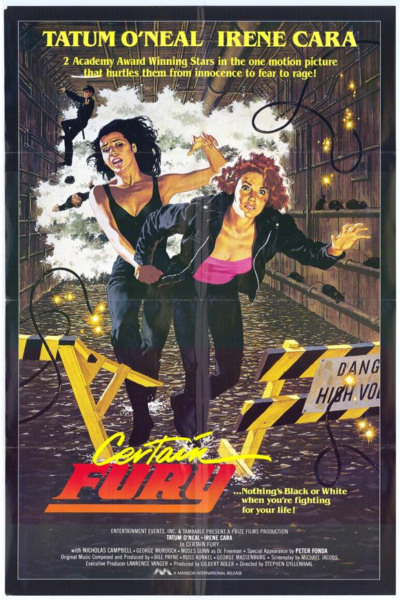 Child actors have a difficult challenge facing them when the reach adulthood. They are not the sweet kids anymore that everyone loves and wants to cuddle with. They can’t rely on the cuteness factor anymore that made them once so successful. That can lead to tragedy. How many former kid stars became drug addicts or committed suicide because they couldn’t return to that time anymore, when in a way the world was theirs? Others were smart enough to leave film business behind them and start a new career e. g. Shirley Temple. But a few of them are indeed lucky. they stay calm amidst all the thunderstorms of early successes and puberty, manage to stay relevant to audiences and even find a new footing and grown-up roles, that cement their careers as everlasting film stars. Actresses like Sophie Marceau or Jodie Foster come to mind.
Child actors have a difficult challenge facing them when the reach adulthood. They are not the sweet kids anymore that everyone loves and wants to cuddle with. They can’t rely on the cuteness factor anymore that made them once so successful. That can lead to tragedy. How many former kid stars became drug addicts or committed suicide because they couldn’t return to that time anymore, when in a way the world was theirs? Others were smart enough to leave film business behind them and start a new career e. g. Shirley Temple. But a few of them are indeed lucky. they stay calm amidst all the thunderstorms of early successes and puberty, manage to stay relevant to audiences and even find a new footing and grown-up roles, that cement their careers as everlasting film stars. Actresses like Sophie Marceau or Jodie Foster come to mind.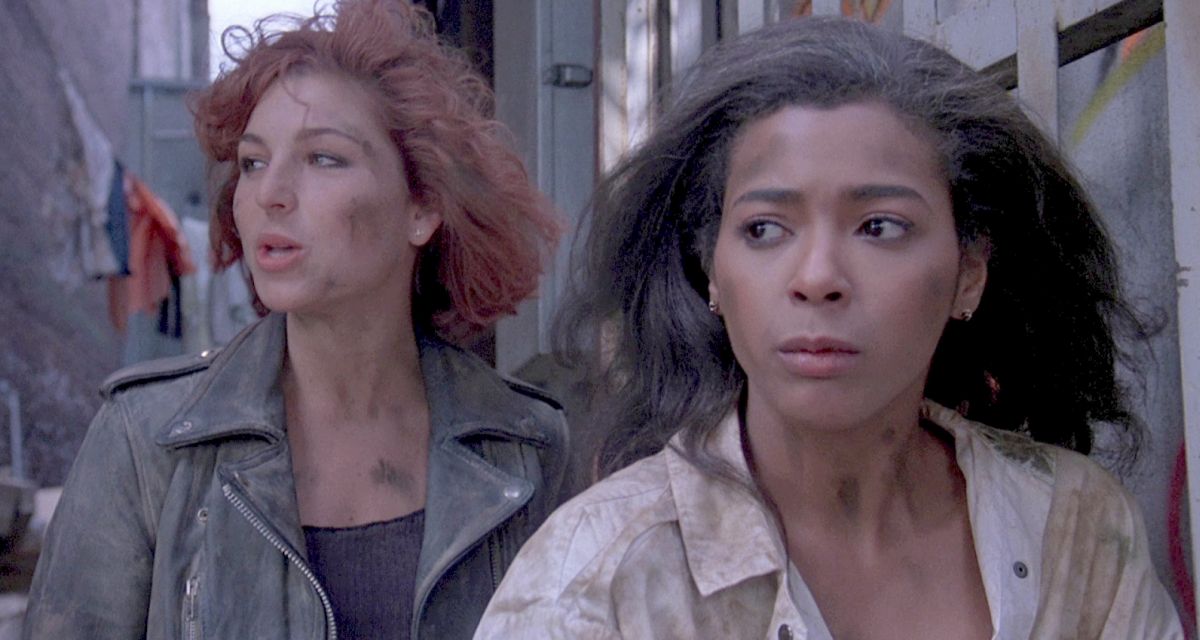 Scarlet tries her best to get help from another former lover, the arrogant, rich, criminal Rodney, who turns out to be played by Peter Fonda. Did he ever get an Oscar for one of his movies? I don’t think so. [Jim: no, just nominated for Ulee’s Gold] It’s so strange because he’s the most well-known actor in this movie. But he likes her as lttle as her other ex, and cuts her cheek with a knife. She just returns right on time to escape with Tracey before Rodney’s men arrive to get her after he made a deal with the police. Scarlet has taken some of Sniffer’s drugs and manage to sell them in what looks like a giant derelict house in the slums. It
Scarlet tries her best to get help from another former lover, the arrogant, rich, criminal Rodney, who turns out to be played by Peter Fonda. Did he ever get an Oscar for one of his movies? I don’t think so. [Jim: no, just nominated for Ulee’s Gold] It’s so strange because he’s the most well-known actor in this movie. But he likes her as lttle as her other ex, and cuts her cheek with a knife. She just returns right on time to escape with Tracey before Rodney’s men arrive to get her after he made a deal with the police. Scarlet has taken some of Sniffer’s drugs and manage to sell them in what looks like a giant derelict house in the slums. It 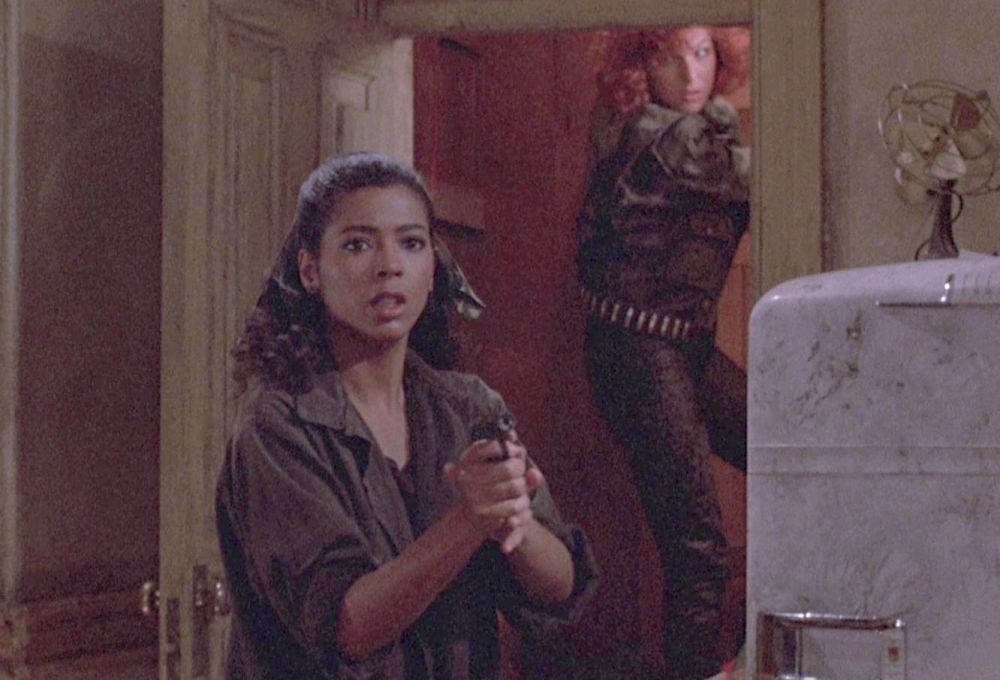 I note also obvious similarities to the Stanley Kramer-classic The Defiant Ones (1958) with Tony Curtis and Sidney Poitier. Scarlet is not nice and understanding, she is street-wise, prone to anger and absolutely insulting. Heck, she even drops the N-word to Tracey. So the inspiration is arguably there. And who knows, maybe it wasn’t an accident that a year after this movie, The Defiant Ones got an update in a 1986 television movie with Robert Urich and Carl Weathers (also a very watchable movie). [Jim: there’s also
I note also obvious similarities to the Stanley Kramer-classic The Defiant Ones (1958) with Tony Curtis and Sidney Poitier. Scarlet is not nice and understanding, she is street-wise, prone to anger and absolutely insulting. Heck, she even drops the N-word to Tracey. So the inspiration is arguably there. And who knows, maybe it wasn’t an accident that a year after this movie, The Defiant Ones got an update in a 1986 television movie with Robert Urich and Carl Weathers (also a very watchable movie). [Jim: there’s also 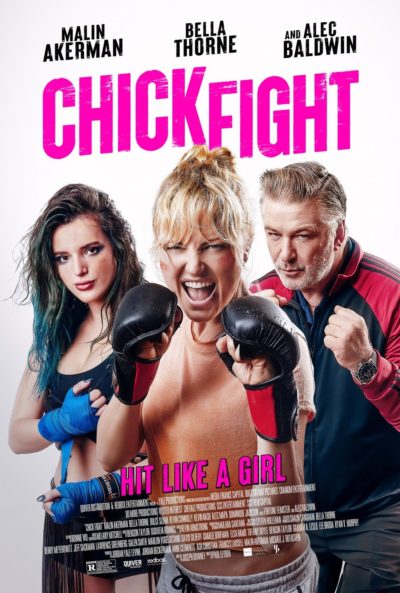
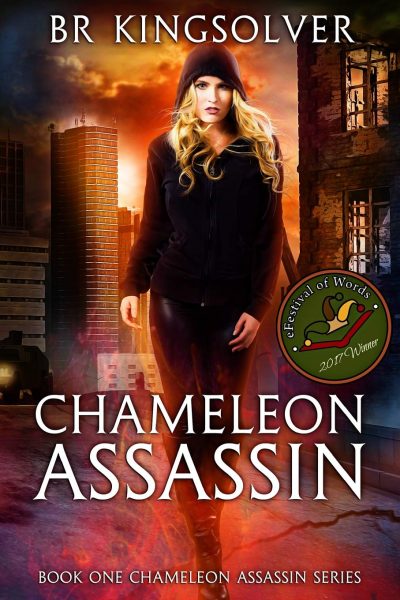
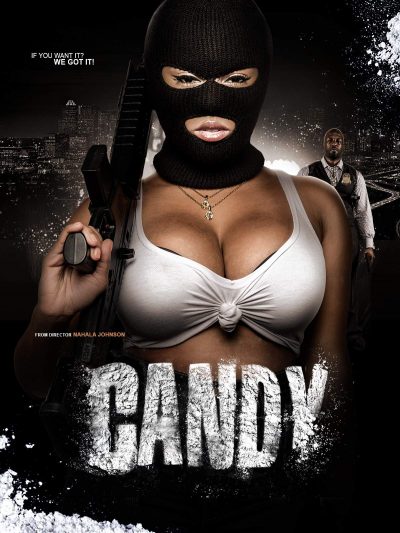 You’ll probably understand why that cover picture got me to pause my casual scrolling through Amazon Prime. Well played, movie producers. Well played… Likely inevitably, the film didn’t quite live up to the advertising, mostly due to a significant lack of plot. The film barely runs 65 minutes, before we get to a sloth-like end-credit crawl, and there’s probably not enough story-line to fill a music video for one of the gangster rap songs which pepper the soundtrack. Yet, in terms of atmosphere and setting, it
You’ll probably understand why that cover picture got me to pause my casual scrolling through Amazon Prime. Well played, movie producers. Well played… Likely inevitably, the film didn’t quite live up to the advertising, mostly due to a significant lack of plot. The film barely runs 65 minutes, before we get to a sloth-like end-credit crawl, and there’s probably not enough story-line to fill a music video for one of the gangster rap songs which pepper the soundtrack. Yet, in terms of atmosphere and setting, it  When I first put this on, and saw it was only 41 minutes long, I thought there had been some kind of mistake. 41 minutes later, it was clear the mistake had been all mine. Additionally, I was now thoroughly grateful for the abbreviated running-time. A feature length edition would have constituted cruel and unusual punishment, and may be forbidden by the Geneva Convention. This blatant Buffy the Vampire Slayer knock-off is missing only two things: a budget, and everything else.
When I first put this on, and saw it was only 41 minutes long, I thought there had been some kind of mistake. 41 minutes later, it was clear the mistake had been all mine. Additionally, I was now thoroughly grateful for the abbreviated running-time. A feature length edition would have constituted cruel and unusual punishment, and may be forbidden by the Geneva Convention. This blatant Buffy the Vampire Slayer knock-off is missing only two things: a budget, and everything else.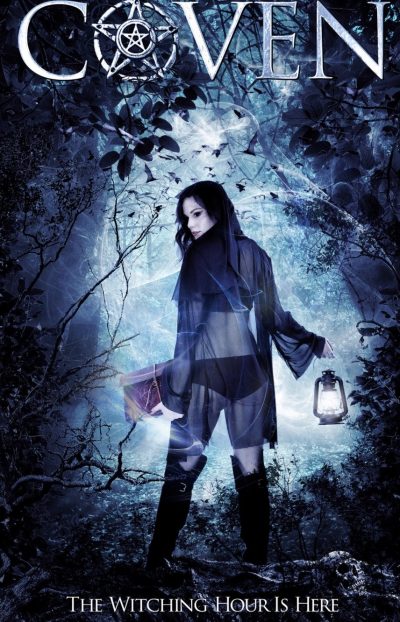 The town of Calvert has had a long association with the dark arts, going back to the founding families in the early 19th century, many of whom were involved in a coven. Now, four of their descendants, led by Ronnie (Cipolla), are seeking to unleash the power of the “goddess witch” Ashura, which has been bound for centuries. They need a fifth to complete the necessary rituals, and their first potential recruit doesn’t quite work out, shall we say, after things get a bit… stabby. However, a quick seeking spell points them in the direction of history student Sophie (Gordon, who also wrote the script).
The town of Calvert has had a long association with the dark arts, going back to the founding families in the early 19th century, many of whom were involved in a coven. Now, four of their descendants, led by Ronnie (Cipolla), are seeking to unleash the power of the “goddess witch” Ashura, which has been bound for centuries. They need a fifth to complete the necessary rituals, and their first potential recruit doesn’t quite work out, shall we say, after things get a bit… stabby. However, a quick seeking spell points them in the direction of history student Sophie (Gordon, who also wrote the script).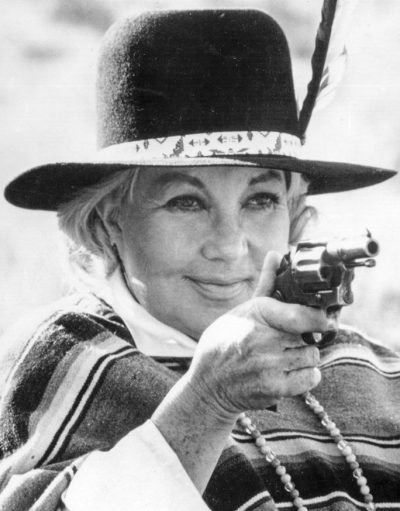 This upper-tier B-movie, produced by Julie Corman, is notable for a handful of reasons. It includes not one but two Oscar winners. Director Demme would go on to receive one for Silence of the Lambs, and star Leachman had already won for her performance in The Last Picture Show. There’s also a small role here for Sally Kirkland, who’d be nominated for an Academy Award down the road. And perhaps most trivia-worthy are the presences in uncredited roles, of Bill Paxton and Dennis Quaid – both making their screen debuts.
This upper-tier B-movie, produced by Julie Corman, is notable for a handful of reasons. It includes not one but two Oscar winners. Director Demme would go on to receive one for Silence of the Lambs, and star Leachman had already won for her performance in The Last Picture Show. There’s also a small role here for Sally Kirkland, who’d be nominated for an Academy Award down the road. And perhaps most trivia-worthy are the presences in uncredited roles, of Bill Paxton and Dennis Quaid – both making their screen debuts.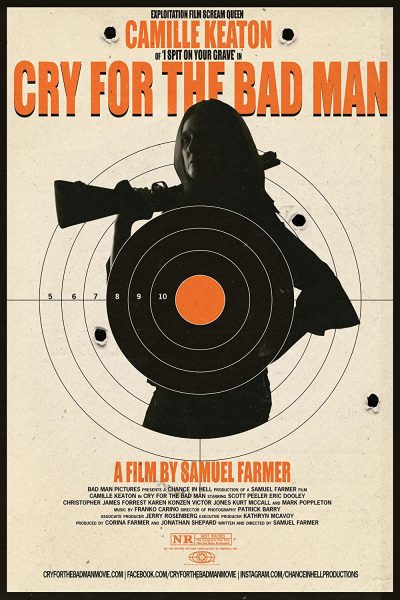 Despite a very brief running time of only 70 minutes, this still manages to seem talky and overlong. That’s a shame, as it manages to waste a good performance from a genre veteran, playing an action heroine who is not your typical one. The former is Camille Keaton, who is having a bit of a B-movie renaissance in her career, forty years after starring in the notorious rape-revenge film, I Spit on Your Grave. And the latter? Well, Keaton is now in her seventies, but based on this, is still capable of wielding a mean shotgun. And clearly, of taking no shit from anyone. Indeed, you could almost read this as the sundown years of her Grave character, Jennifer Hills.
Despite a very brief running time of only 70 minutes, this still manages to seem talky and overlong. That’s a shame, as it manages to waste a good performance from a genre veteran, playing an action heroine who is not your typical one. The former is Camille Keaton, who is having a bit of a B-movie renaissance in her career, forty years after starring in the notorious rape-revenge film, I Spit on Your Grave. And the latter? Well, Keaton is now in her seventies, but based on this, is still capable of wielding a mean shotgun. And clearly, of taking no shit from anyone. Indeed, you could almost read this as the sundown years of her Grave character, Jennifer Hills.